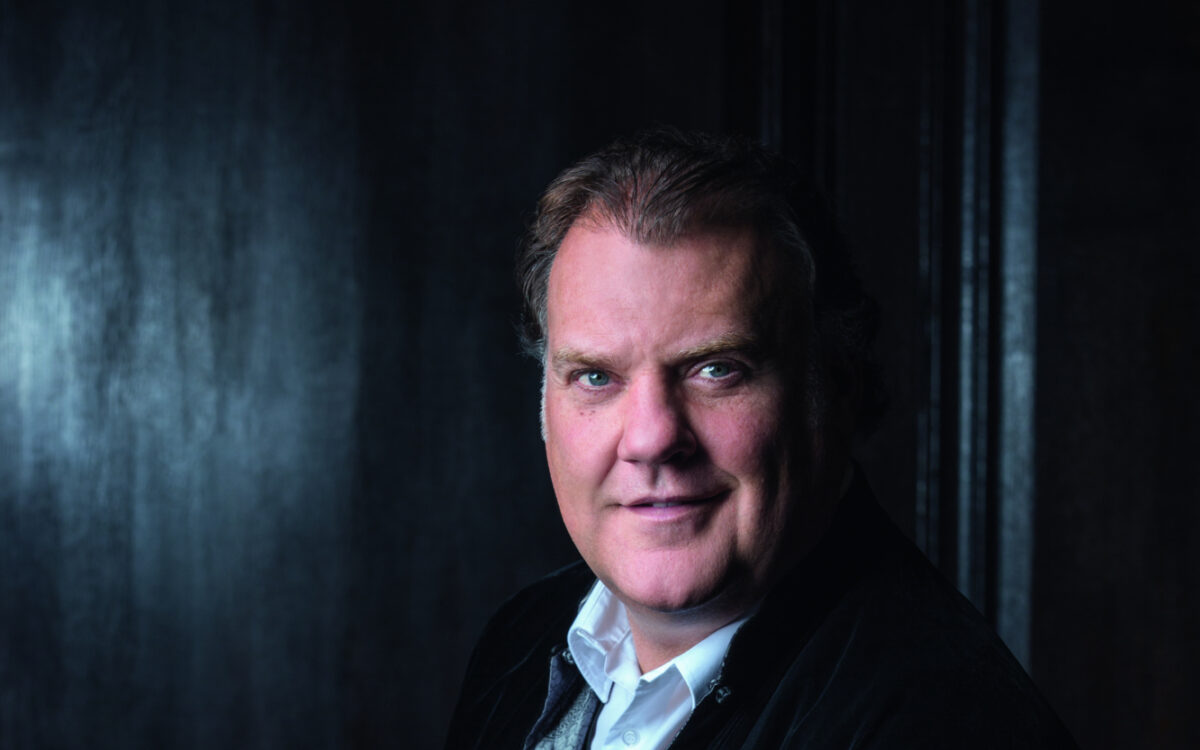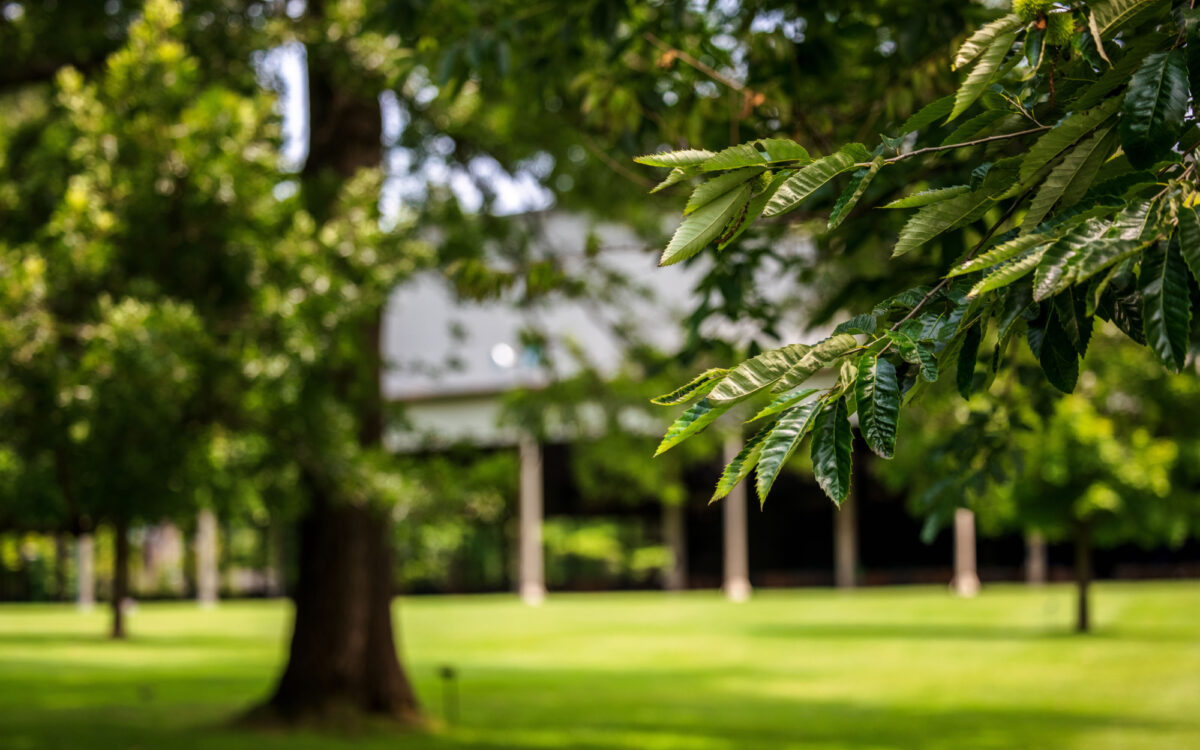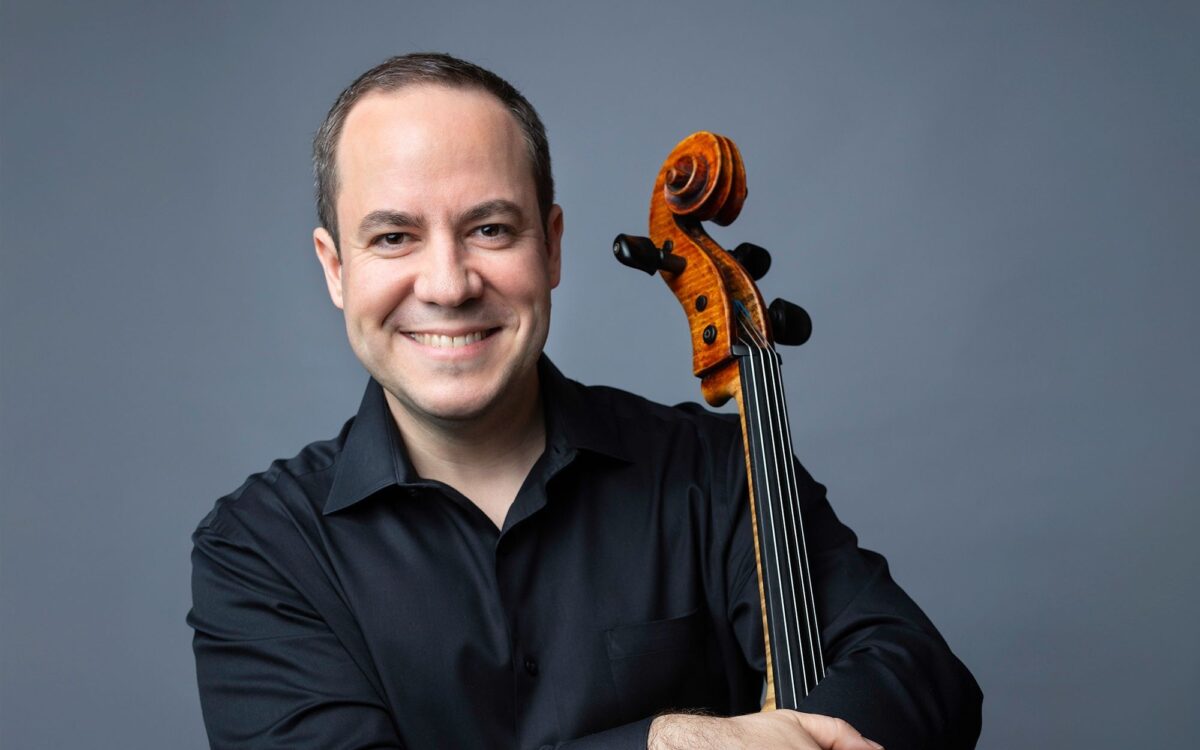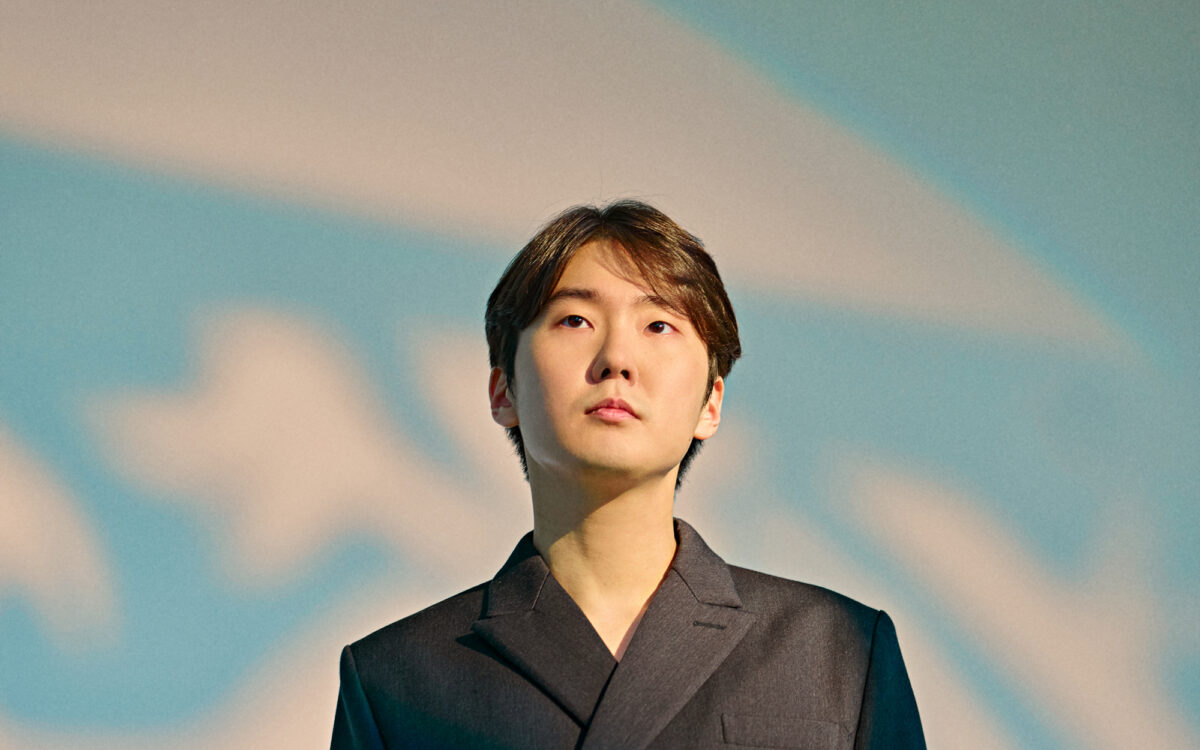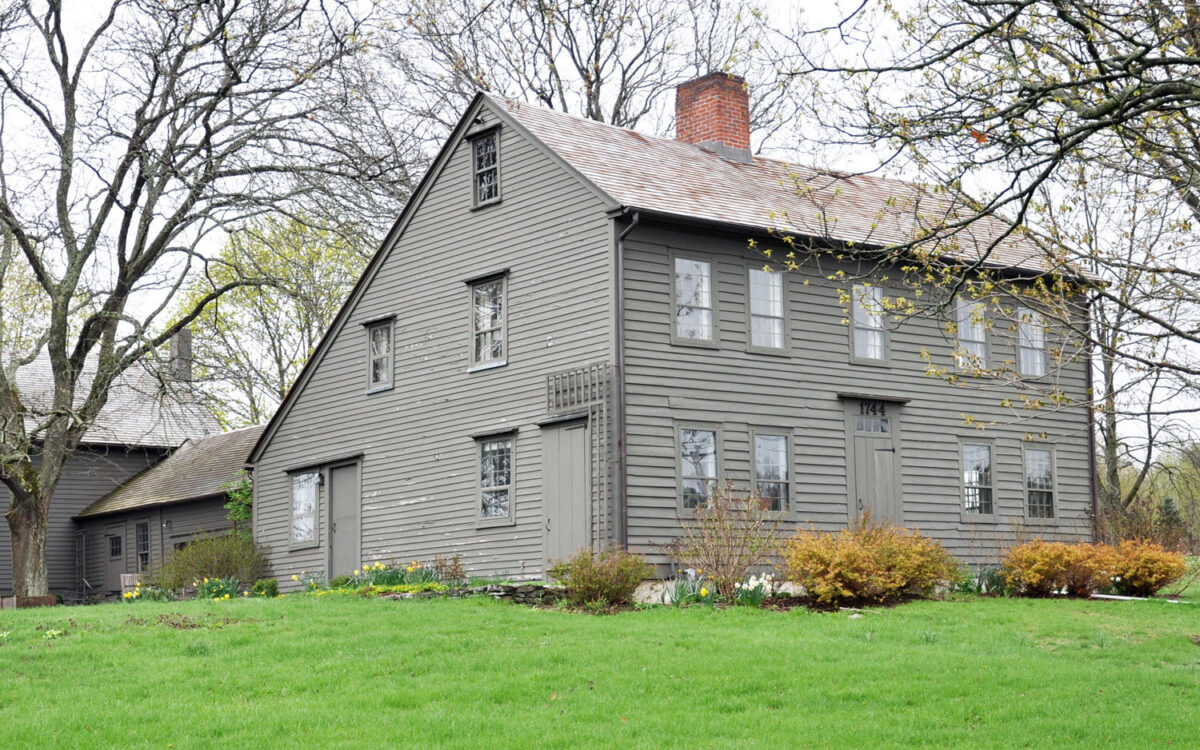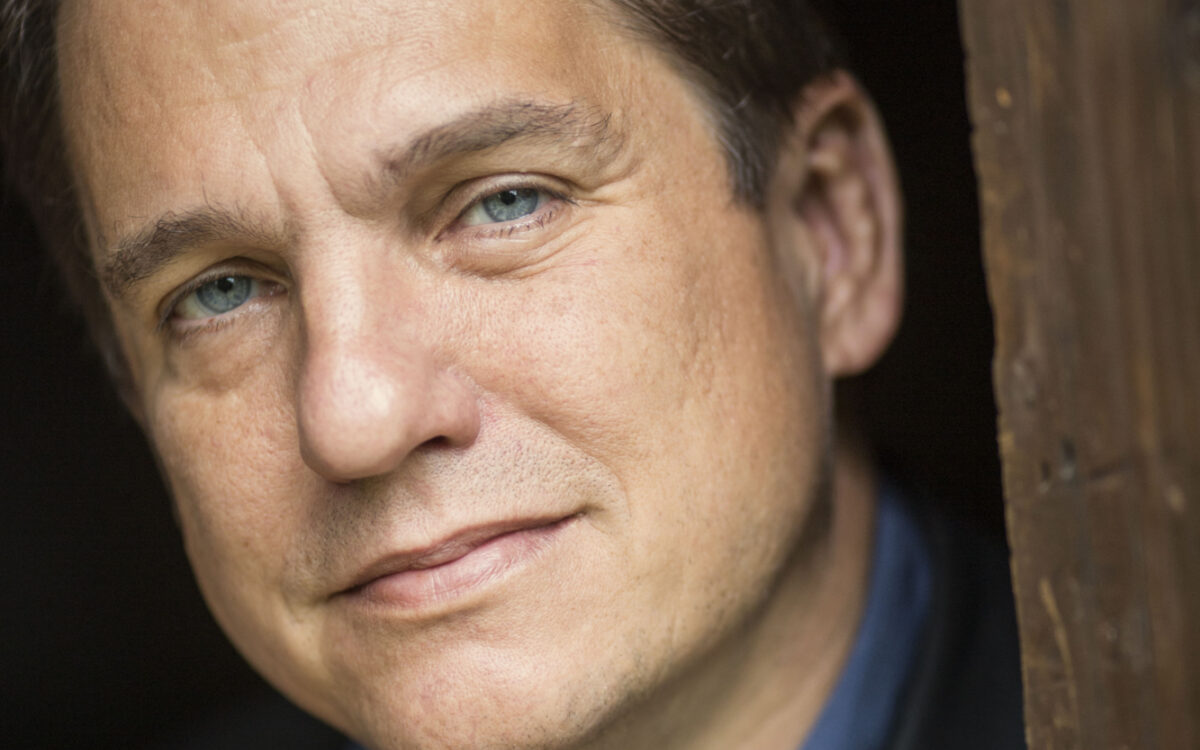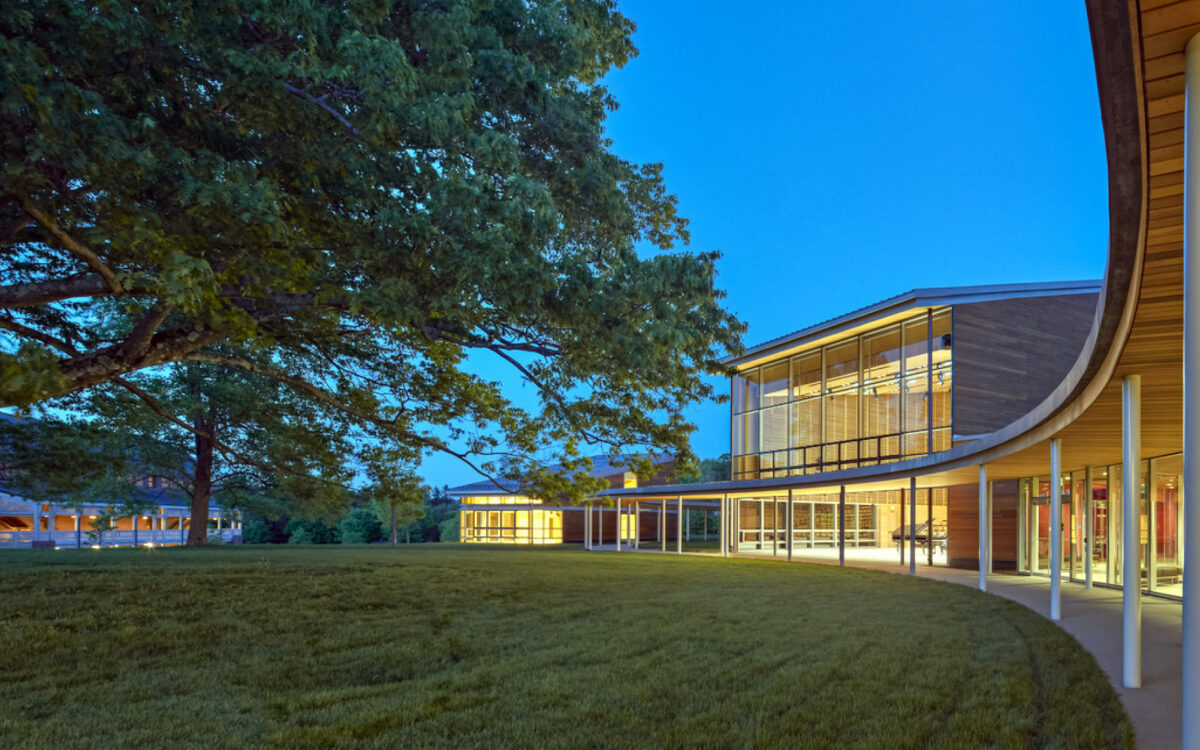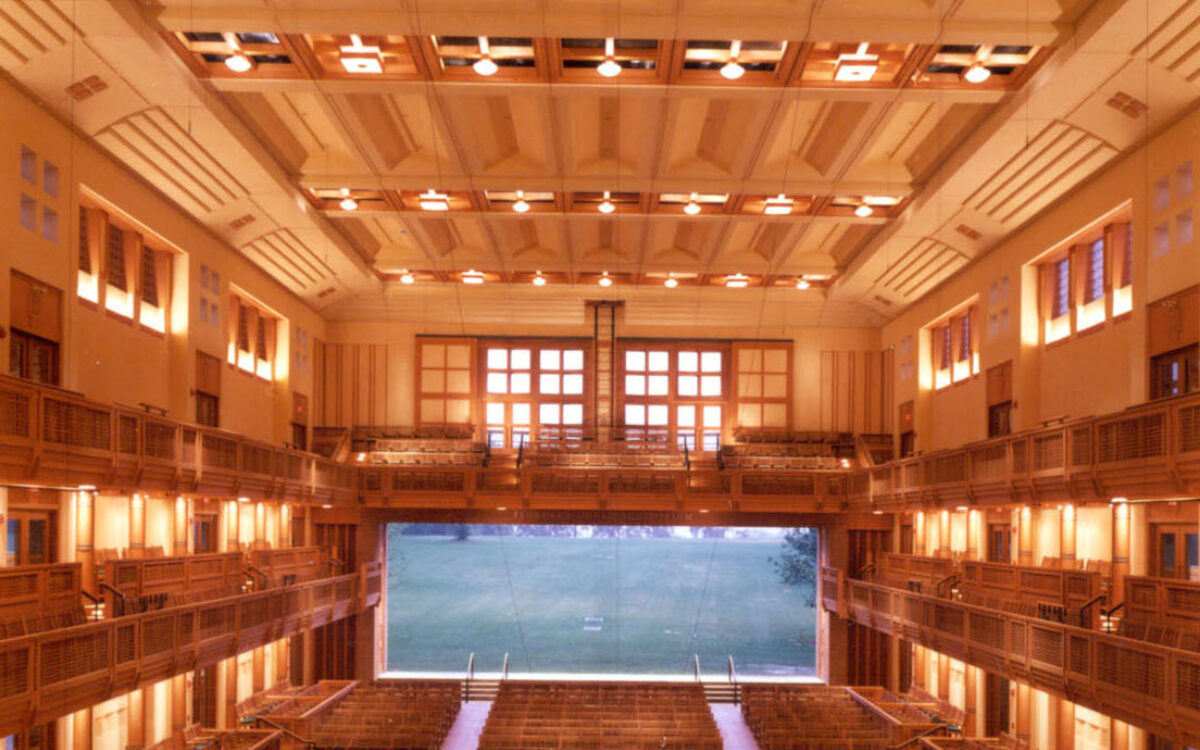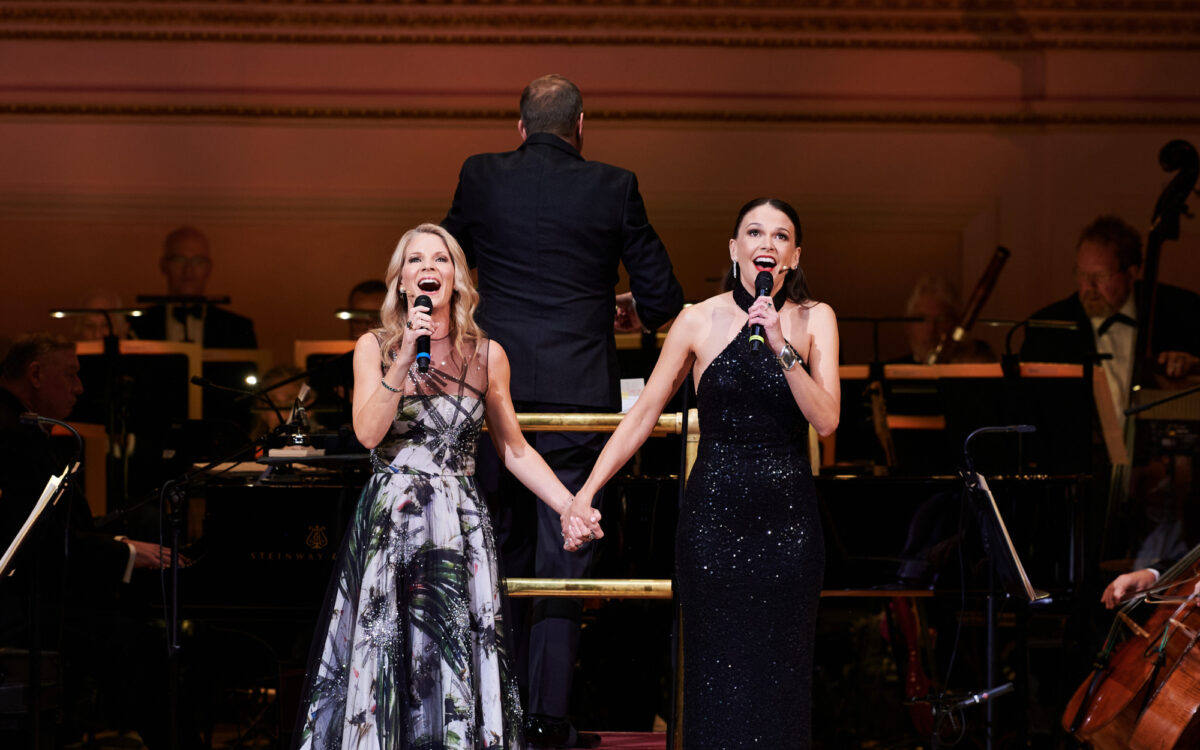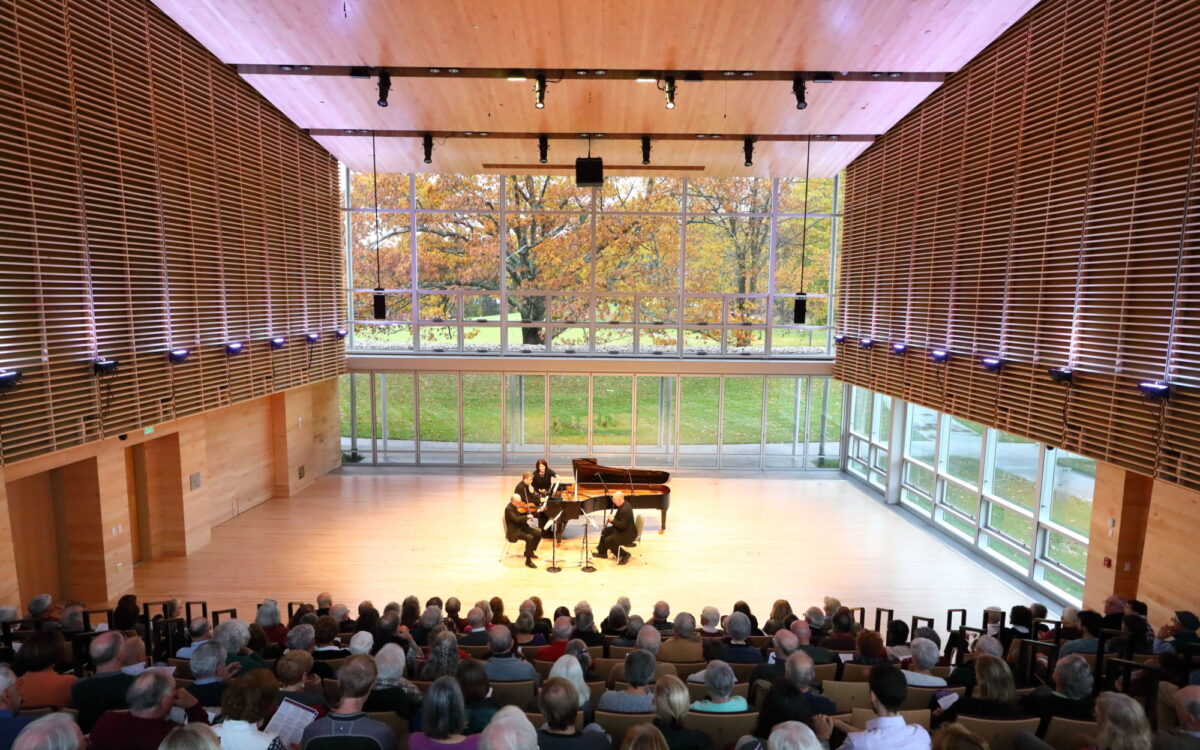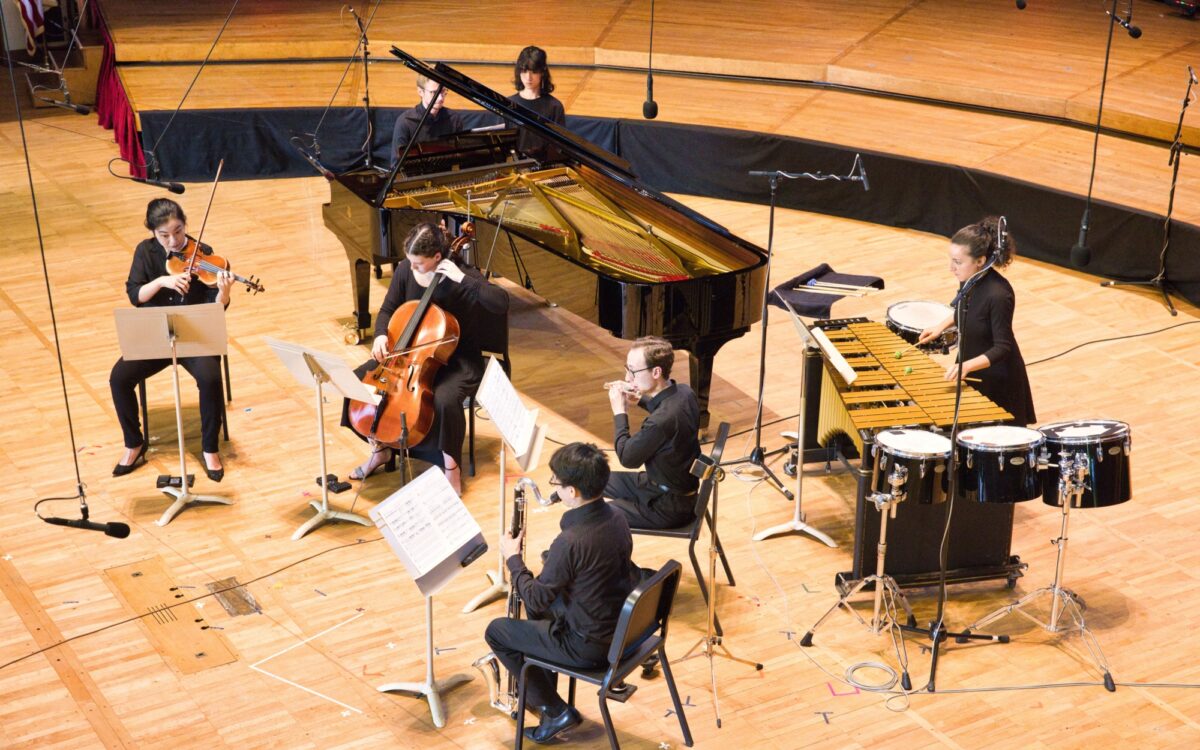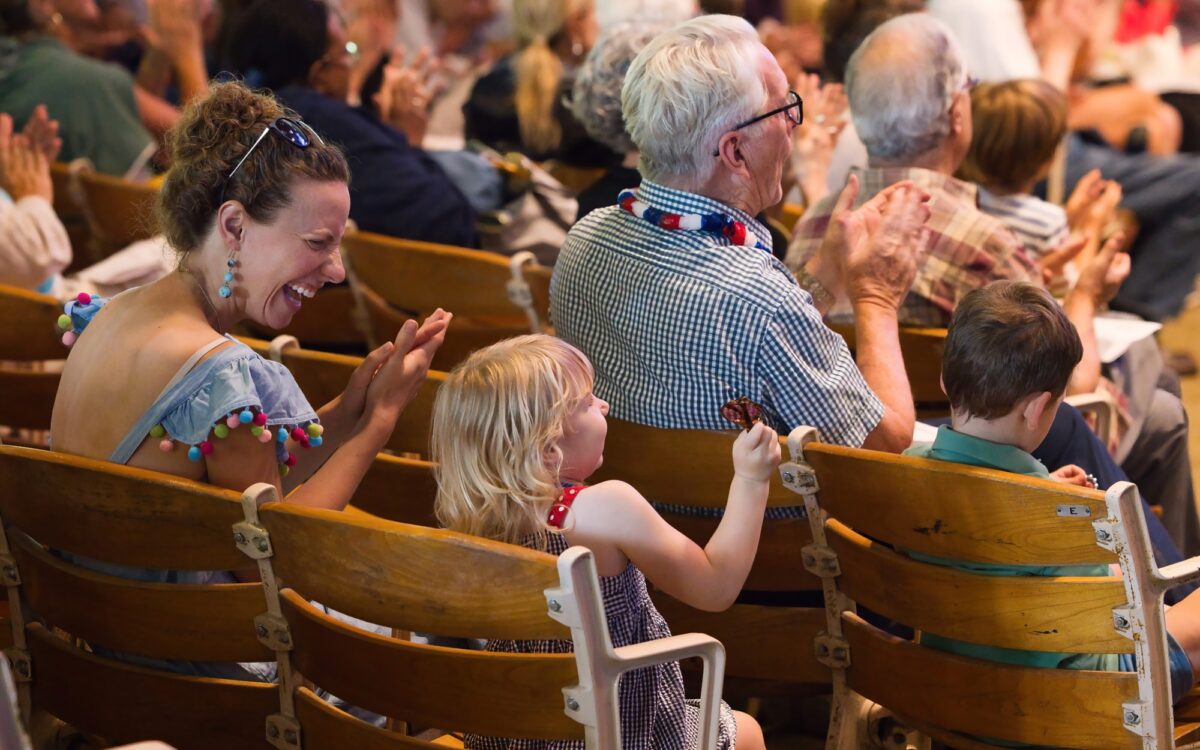
Concerts & Events
Change View
July 2025
Monday 14
Tuesday 15
Wednesday 16
-
![close up of leaves on trees on the Tanglewood grounds]()
-
![Blaise Déjardin headshot with cello]()
TLI Open Workshops: Blaise Déjardin, cello
1:30pm
Studio E, Linde Center for Music and Learning, Lenox/Stockbridge, MA
-
![Seong-Jin Cho headshot]()
Thursday 17
-
![Bryn Terfel headshot]()
-
![]()
-
![Portrait of Keith Lockhart]()
TLI Meet the Makers: with Keith Lockhart
8:00pm
Studio E, Linde Center for Music and Learning, Lenox/Stockbridge, MA
Friday 18
-
![Exterior view of the Linde Center at Tanglewood]()
TLI Presents: Behind the Melodrama: The Human Heart of Tosca
4:00pm
Studio E, Linde Center for Music and Learning, Lenox/Stockbridge, MA
-
![Ozawa Hall interior from the stage, empty]()
-
![Kelli O'Hara and Sutton Foster holding hands while singing on stage]()
One Night Only: An Evening with Sutton Foster & Kelli O’Hara
8:00pm
Koussevitzky Music Shed, Lenox/Stockbridge, MA
Saturday 19
-
![Yuja Wang headshot]()
Open Rehearsal: Symphonie fantastique and Prokofiev Piano Concerto No. 2 with Yuja Wang
10:30am
Koussevitzky Music Shed, Lenox/Stockbridge, MA
-
![Exterior view of the Linde Center at Tanglewood]()
-
![Ozawa Hall interior from the stage, empty]()
-
![BSO violist Michael Zaretsky pianist Randall Hodgkinson and BSO associate principal clarinetist Thomas Martin Hilary Scott]()
-
![Kristine Opolais headshot]()
Sunday 20
-
![Performance of Allison Loggins Hulls The Pattern]()
-
![Tanglewood Family Concert the audience claps along]()
-
![Ozawa Hall interior from the stage, empty]()
-
![Yuja Wang headshot]()
Symphonie fantastique and Prokofiev Piano Concerto No. 2 with Yuja Wang
2:30pm
Koussevitzky Music Shed, Lenox/Stockbridge, MA
Loading...

